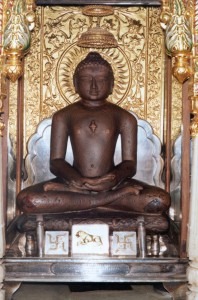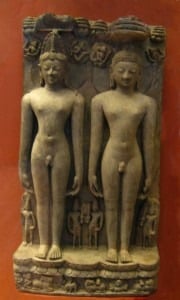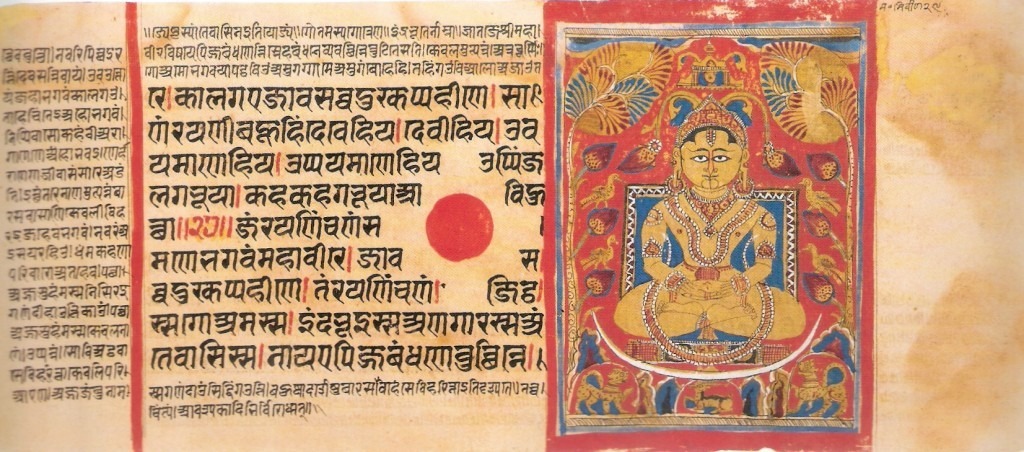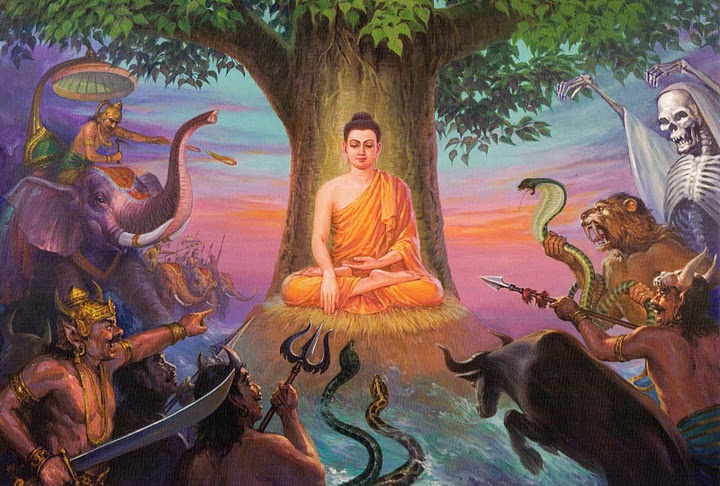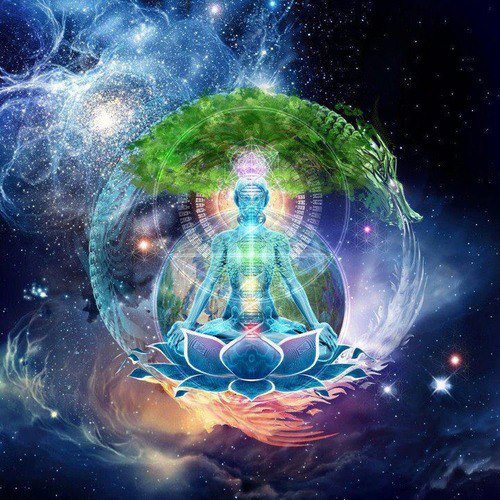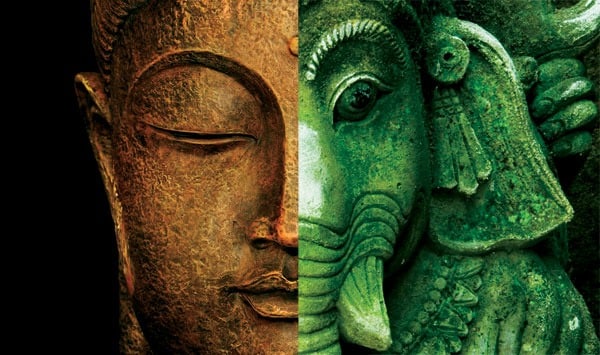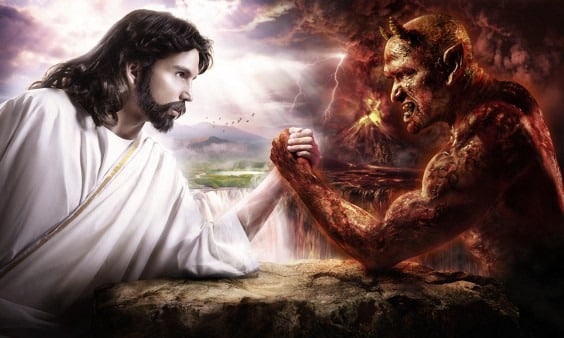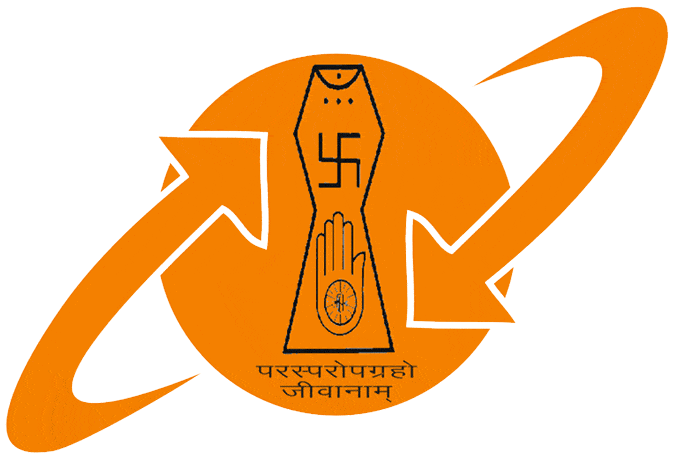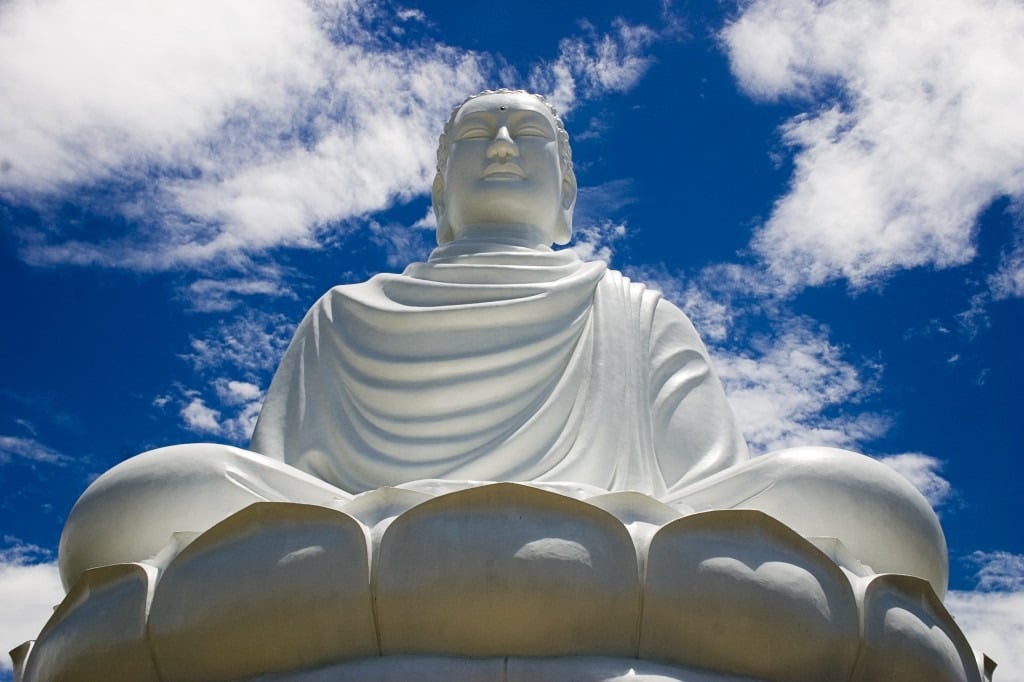“This is what happens when you give yourself to love completely, my son” the priest sighed, continuing to stare at the crucifix. His own distaste at the particularly vivid depiction was apparent. It was almost like Jesus was there.
The boy, only eight, looked up again at the statue, hung over the altar in the center of the church. He wondered how they had lifted it there. He was so used to seeing the crucifix that it had almost no effect on him. It’s not that he didn’t love Jesus, but he didn’t understand what it meant. Why was this nice man, who had helped many people, killed for what he had done? And why was everyone so concerned about it? He had learned about Albert Einstein in second grade, he had done a book report on him. Why wasn’t Albert Einstein in the church? He had also learned about Gandhi in first grade, and also wondered why Gandhi wasn’t in the church. There were lots of people he had never heard of, Peter, Judas, Luke, Matthew, but none of the people he had learned about in his history classes.
“Father, I don’t understand, why is Jesus the one above the altar? We learned about mother Theresa and Gandhi, and Martin Luther King in school. Why aren’t they in the church, or above the altar?”
“Well, my son, there are really many reasons why Jesus is your savior.”
“My savior?” said the boy. “What does that mean?”
“That means he came to Earth, to save you from your sins.”
“What sins father?” said the boy. He obviously did not understand.
“Whenever a human is born, they are born with sin my son. This is the story of Adam and Eve, in the book of Genesis. Eve, the woman, bit the apple when she was tempted by satan, the serpent, and unearthed the path of knowledge for humanity. This is our essential flaw, that our ancestors chose for us.”
“But I don’t want to be bad father! I want to be good, like Jesus, and Mary, and Joseph!”
“Then ask Jesus for forgiveness, my son. I can help you with this.” The priest said with a kind smile. “I have studied Jesus for my whole life, so we can talk about him together.” The priests smile grew with each word, excited to help this child learn more about god and Jesus.
“Aren’t we talking about him right now?” said the boy.
“Well, you need to confess your sins. Otherwise, god cannot forgive you.”
“But if god already knows my sins, like you said today when you said god is all-powerful, all-knowing, all-knowing and all-forgiving, doesn’t he just forgive me? I don’t mean to forget my homework, or leave my gym shorts at home, so won’t god just forgive me?”
“No my son. You need to recognize your sins as sins in order for them to be forgiven. You have to ask, god will answer in his own way.”
“So if I ask god for a new bike, he’ll give me one if I’m good?!?” the boy said with newfound enthusiasm in his eyes. The priests smile faded into a heart laugh, full of empathy.
“No, my son, god does not work like that.”
“So I can ask for forgiveness and he gives it without question, but he won’t give me a new bike if I’m good? What gives? I thought god was all-powerful and if I’m good, I think I should get a bike. Don’t you, father?”
“Things appear in our lives when they are meant to my son. God will give you this gift if he sees fit to award you with it. And yes son, I think you should get a bike. Maybe you should talk to your parents about it.”
“Good idea!” the boy said enthusiastically, but the priest could tell that he still had questions.
“What else concerns you, my son? Why do you look like you are still in contemplation. Can I answer any more questions for you?” he said slowly, making sure the boy felt comfortable to express his feelings. He prided himself on making his church safe and available for the youth, after all, they are the future.
“Well, I still don’t understand what made Jesus so special. Why can’t I be like Jesus? I want to do miracles and help the poor and teach people about happiness and love, just like him!”
“Jesus was special my son. He is god’s son and he sacrificed himself, despite his own divinity, to show humanity the power of love.” He gestured to the altar. “This is the ultimate love, my son.”
“But so did Martin Luther King and all of the martyrs. I just don’t understand why Jesus was different from them.” the boy looked ashamed and hung his head.
“Doubt is a part of faith my son. It makes you stronger, there is no shame.” He held the boy’s head up and looked into his eyes. “Jesus was different, because he chose. He knew that he was going to die, yet he chose to continue on his path. That is what makes him special, son. That is why he was the son of god.” The priest released his gaze and looked back to the cross. “He chose to suffer, to come to Earth, to teach us how to love, despite knowing that he would be crucified.”
“Wow.” The boy sat for a moment in thought. “So while he was in heaven, he decided that he would go to Earth, even though he would be tortured and killed? So Jesus knows the future?”
“Of course, my son. Jesus and God are the same.”
“But why didn’t god to come to tell us himself? Why did he need to have a son?”
“Because God does not take human form, my son. His divinity is too complete. Jesus needed to be sent so that we could see and understand.”
“But doesn’t that mean that he isn’t all powerful? If he had to send his son instead of himself, then he couldn’t come to teach us, right?” the boy now looked confused and disappointed. His brow was heavy.
The priest took his time to respond. He knew that his answer would be important, “I don’t think it is a question of power, or of god not being powerful enough to come himself. Jesus is god in human form. They are the same, there is no difference.”
“But Jesus died,” the boy said with certainty. “Doesn’t that mean that god died?”
The priest looked down. No one had ever asked him this before. “Well, god can’t die son. In the same way, Jesus can’t die. That’s why he rose from the dead. Because he was God, and death has no power over God.”
“But Jesus isn’t around now… If he was all-powerful, why did he only stay for 40 days after he died and was resurrected, instead of living for all of eternity with humanity? Wouldn’t that be more representative of his love, rather than dying for sins? He could still talk to us and teach us so much! He could be the world leader!”
“That’s not how it works, son.”
“How do you know? You aren’t Jesus, maybe you don’t know him as well as you think…”
“Son, I have spent my life studying Jesus’ work. I eat, sleep, and live by his work. Why do you think I don’t know Jesus?” the priest said with serious consternation. The smile was gone.
“Well, what if he is different from the stories. I mean, what makes the Bible different from any other book? I really don’t understand it, because my mom showed me the Veda and some Buddhist scriptures, and they have the same stories as the bible. What makes it so special?”
“Well, son, it was written by God.” The priest’s smile returned in full force.
“How do you know?” The priest’s smile faded into a frown, to match the boy’s seriousness. The priest could tell that he wasn’t going to stop.
“Faith, my son. I believe the Bible was written by god, and therefore I study it and live by it.” the priest talked slowly and deliberately, making sure to put some serious resonance in his voice.
“So you just believe? You don’t think about it? It’s really hard for me to believe that someone was eaten by a whale and lived, or that Jesus rose someone from the dead father. How can you just believe these things?” The boy looked concerned, confused, and frustrated, all at the same time.
“I do think about it son. But my faith is greater. So I believe in these godly. So that my soul can find eternal repose in Heaven, with God and Jesus.”
“Father, I just don’t understand. What if they are wrong and you have wasted your life worshipping Jesus as God when he was like you and me and Martin Luther King? A human, and not a God?”
“Son, now its my turn to play the skeptic.” As the priest spoke, a wry smile came to his lips, though it was a grin of understanding, rather than deceit.
“My boy, I can see God within you, even as we speak. His will is strong in you and the strong question, search, and decide for themselves. So I will tell you what I learned from Voltaire, ‘I believe in God because if he does exist, I will be eternally rewarded in heaven. If God does not exist, then there is nothing after death and my faith will have not mattered in the first place.’”
The boy looked strongly at the priest, as though he was deciding something. Then, without warning, he hugged the priest. “Thank you, father.”
Then the boy walked from the church, unconvinced and uncertain, but knowing that he could return whenever he needed to.
